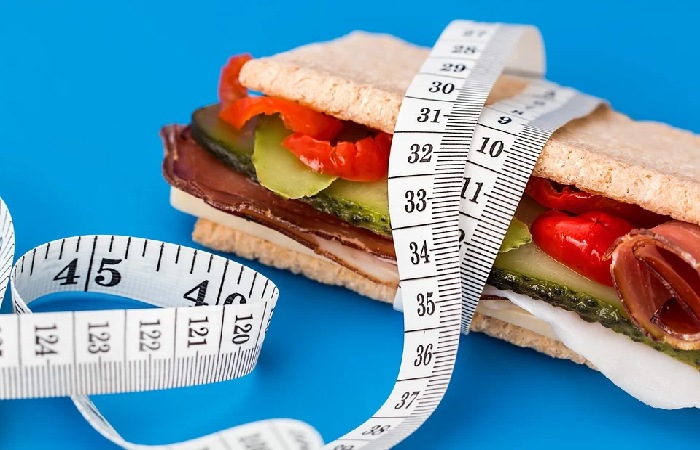How to Make a Calories deficit Diet Plan? : In any fitness routine, food plays a vital role as the perfect complement to the great effort. For those who need to lose weight, burn fat or define their muscles, knowing how to make a caloric deficit is the key to reaching their goal in a safe and, above all, healthy way.
If you need to see more about this method, in this publication, we offer you an introduction to the basic concepts that you must take into account to achieve it.
Table of Contents
KNOW WHAT CALORIES ARE
The first concept to discover is that of calories, with which we obtain the necessary energy to stay active, alert, and strong. Being one of the most significant essential elements for the proper functioning of the body daily, this unit of measurement has become a key concept when maintaining weight control and achieving different objectives.
- To lose body weight, it is essential to eat fewer amount of calories than are expended in the day, that is, to achieve a low caloric deit.
- To gain weight, you require to eat more calories than you burn each day.
[To maintain your weight, you must eat as many calories as you burn. This is called the energy balance.]
CALORIE EXPENDITURE

To better understand the calorie-burning process, knowing that the body requires energy to perform a workout is essential. The body performs other functions that represent an even greater consumption than exercise.
Also read: Why High Protein Diets Can Affect Your Health
BMR (Basal Metabolic Rate)
It is the minimum amount of calories the body burns when it is at rest but continues to perform functions that allow us to stay alive.
NEAT (Non-Exercise Activity Thermogenesis)
It refers to the calories the body burns during activities that should not be considered exercise or physical activity.
EAT (Exercise Activity Thermogenesis)
They are the calories that have been expended when carrying out a constant and conscious physical activity.
TOF (Thermal Effect of Food)
The body burns calories from actions such as breaking down and digesting food. A diet rich in protein can achieve a higher caloric expenditure.
HOW TO MAKE A CALORIC DEFICIT?
To know how to make an efficient caloric deficit, it is essential to know your daily calorie range to stay healthy. To obtain this information, it is best to consult a specialist, but if you want to get a general idea, you can use a simple technique: multiply your body weight by 26 and by 28. That is, if you weigh 80 kilos, 80 x 26 = 2340 and 80 x 28 = 2520. The results will make up your range of daily calories: between 2340 and 2520. These figures depend largely on each person’s situation, such as physical activity, body composition, age, diseases, and pathologies. Remember, it is always finest to consult a specialist.
Although an average recommended caloric deficit is between 300 and 500 calories a day, the idea is that before starting any change in your diet, you should turn to a specialist. Under his supervision, you will be able to obtain a personalized plan that takes into account your age, physical condition, and activity level.
What are The Benefits of Low-Calorie Diets?
Low-calorie diets, if followed long enough, have one benefit in common: weight loss.
However, depending on the diet model followed, there may be other associated benefits that apply more specifically to them:
Protein Diets
- The ketogenic diet could help to treat seizures in children
- There could be a decrease in the sensation of hunger due to the “satiating” effect of proteins
- It May help maintain or increase muscle mass when combined with an exercise routine
- It could prevent or aid in the management of diabetes by reducing blood glucose and insulin levels
- C to the management of obesity
Points Diet
- Includes all food groups (Dairy, meats, legumes, greens, vegetables, fruits, cereals, and fats)
- You can include desserts, and it’s better adapted to a social life
- There is greater freedom to organize a menu that suits your tastes
- It is compatible with other eating models such as intermittent fasting, the Mediterranean, vegan or vegetarian diet
Intermittent Fasting
- May lower blood sugar levels, important in the prevention and treatment of diabetes, as well as insulin resistance
- Certain studies have found a decrease in inflammation with intermittent fasting
- May improve heart and brain health
Also, find more helpful resources at beingnaturalhuman
Searches Related to Calories Deficits
[calorie deficit diet plan]
[calorie deficit for weight loss]
[calorie deficit calculator nhs]
[calorie deficit calculator uk]
[calorie deficit calculator kg]
[calorie deficit results]
[calorie deficit workout]
[science behind calorie deficit]

